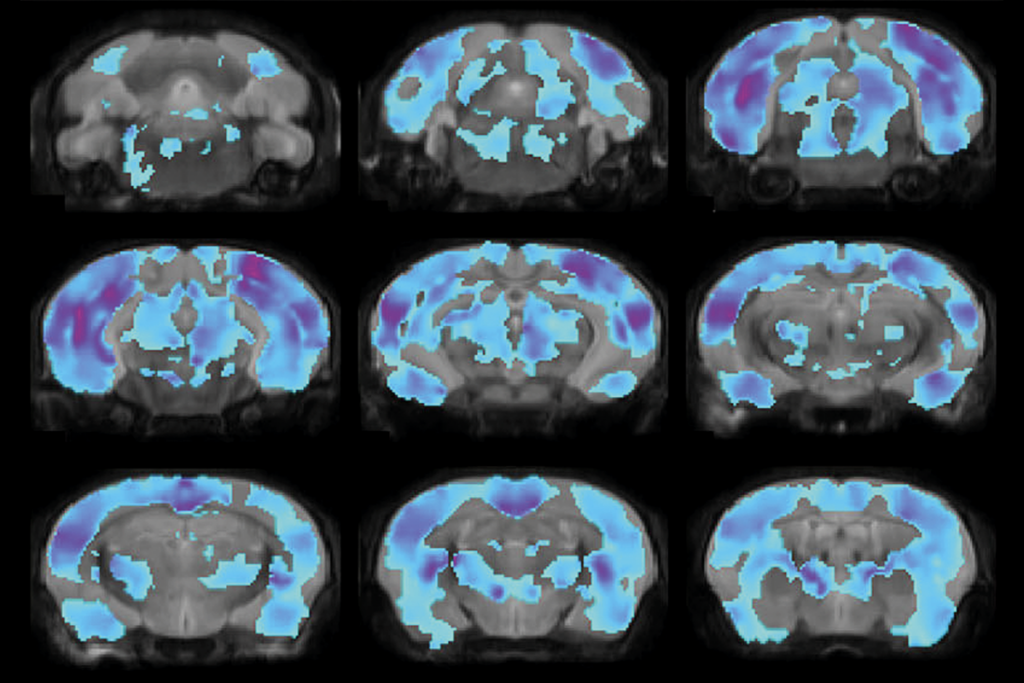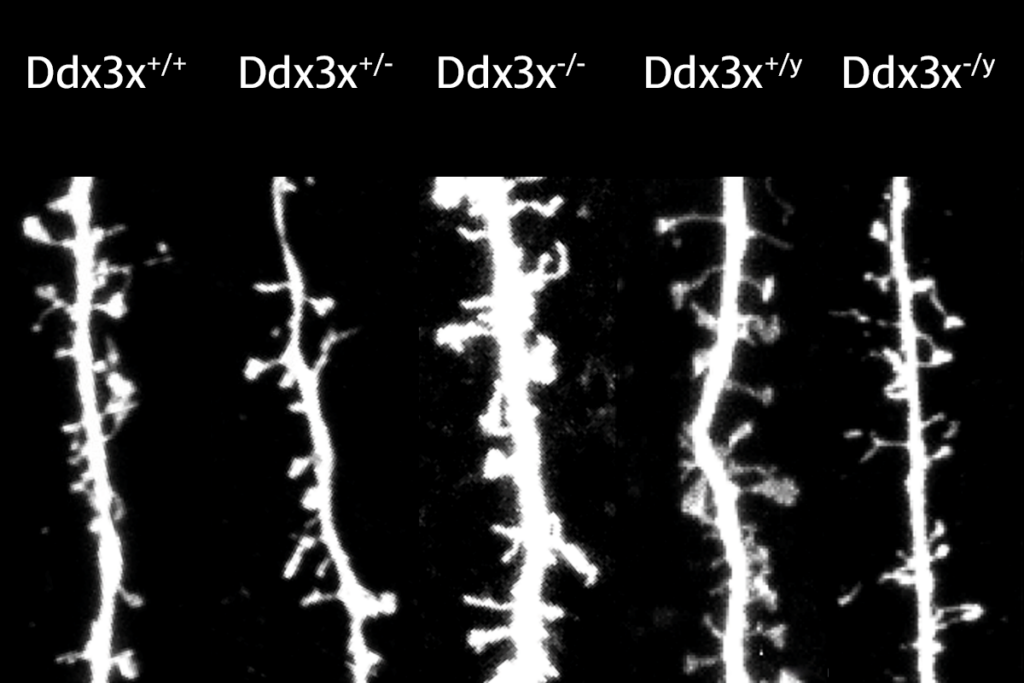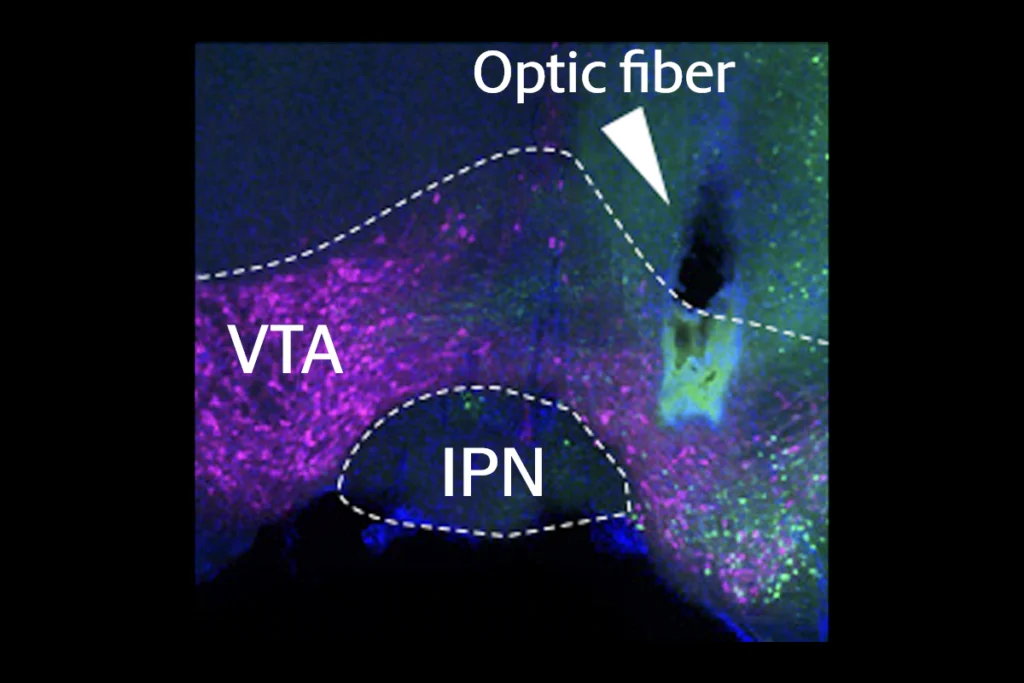Research roundup
- Pregnancy with multiple fetuses, preterm labor and psychiatric or neurologic diagnoses are maternal factors associated with having an autistic child, according to a retrospective survey in Egypt. PLOS One
- Researchers in Sri Lanka have developed a simplified autism diagnosis rubric grounded in local practice and benchmarked to global standards. Autism Research
- Reduced FMR1 protein, GABA deficits or mitochondrial dysfunction could mediate the association between autism and fragile X premutations, defined as having 55 to 200 CGG repeats in the FMR1 gene. Journal of Neurology
- People with tuberous sclerosis complex and autism are more likely to have intellectual disability than are those with autism alone, according to a review of studies. Developmental Medicine & Child Neurology
- Organoids derived from people with Phelan-McDermid syndrome, who have mutations in SHANK3, and mice that lack the gene have dysfunctional myelin, the insulation that sheaths neuronal axons. Cellular and Molecular Life Sciences
- Researchers have validated a Brazilian Portuguese translation of the Childhood Autism Spectrum Test by assessing schoolchildren in Sao Paulo. Brazilian Journal of Psychiatry
- Autistic people’s speech has altered rhythm characteristics compared with non-autistic people, whether they are speaking English or Cantonese, but intonation analysis only distinguishes autistic English speakers. PLOS One
- Deep brain stimulation appears to have halted the self-injurious behaviors of a 9-year-old girl with Pitt-Hopkins syndrome. Spectrum has previously reported on deep brain stimulation as a therapy for autism. Yahoo Finance
Science and society
- The FMR1 gene, which underlies fragile X syndrome, has been officially renamed ‘fragile X messenger ribonucleoprotein 1,’ thereby eliminating the stigmatizing the language previously used. Fragile X News Today
- A digital tool that uses eye-tracking technology has been cleared by the U.S. Food and Drug Administration to identify autism in children under 3 years of age. Spectrum reported on two similar tools last year. Healio
- Biotech companies have developed novel DNA sequencing strategies, making the market more competitive. Science

Speedy sequencing: New methods make genomic analysis faster and cheaper.
JuSun / iStock
- Many researchers think that the ‘publish or perish’ mantra of academic science encourages quantity over quality; ideas that expand the model of career success exist, but they have not been widely adopted. Undark
- Brain reference charts that show ranges in size and gray-matter volume across the lifespan can provide useful benchmarks but should not be used to assess ‘normality.’ STAT
- White, able-bodied, heterosexual men are privileged in STEM careers, according to a survey of more than 25,000 STEM professionals. Science Advances
- John’s University professors have uploaded a recording of a virtual meeting of autism experts and Ukrainian families with autistic children. In April, Spectrum covered some other efforts to help autistic people in Ukraine. YouTube




